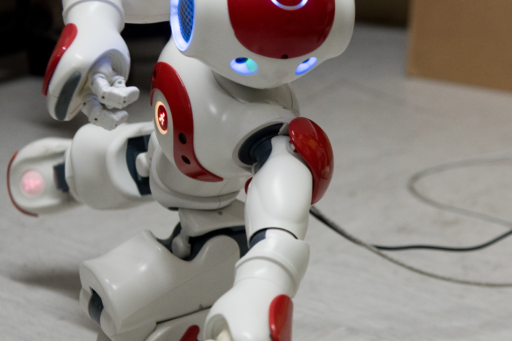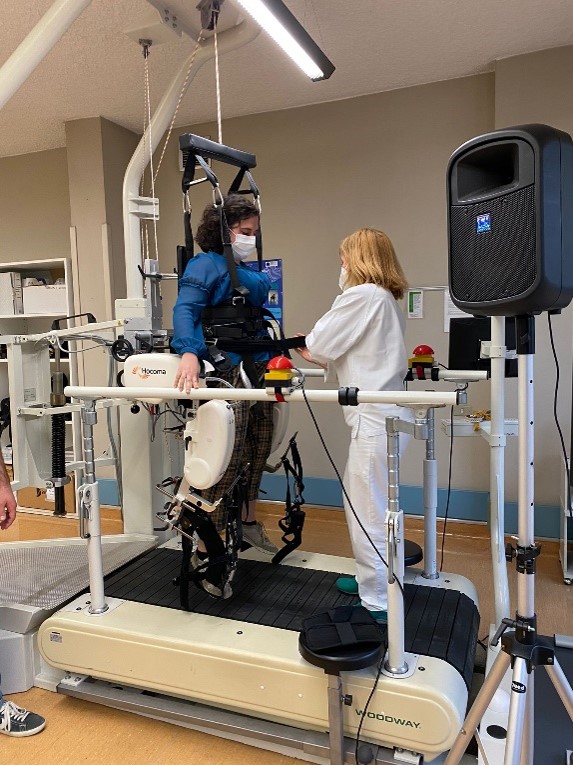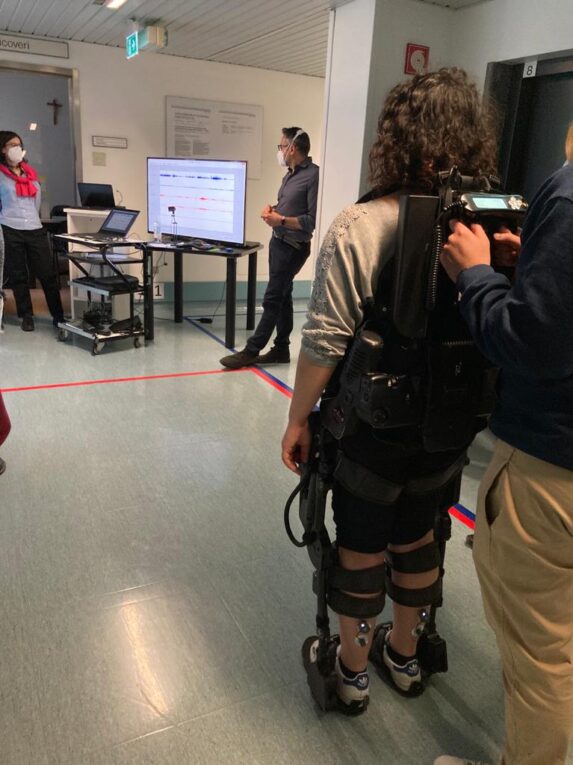The Master is organized in blended form. It consists of 9 teaching areas, structured in 13 modules over 15 months, 4 of which in person and the remainder online.
The Master consists of 60 ECTS delivered by Politecnico di Milano
In particular, the online modules consist of:
- one day in a virtual classroom, which includes lectures, case discussions, and group work;
- short pre-recorded video lessons focused on a very specific topic accompanied by teaching materials, which guide the student’s autonomous study;
- assignment on the contents of the module to be done in a group.
The on-site modules, instead, consist of 3 full days of lectures, round tables, laboratory activities, visits to laboratories, rehabilitation centers, or companies.
The Master is completed with a final project work, done in small groups, associated with a clinical reality and followed by a tutor. It will involve the use of new technologies in rehabilitation, and the definition of translational research protocols for the institution visited (selected by the student from a clinical center, start-up, investment fund, or research laboratory).
Minimum attendance percentage: minimum percentage of attendance to the course of 70% is foreseen
Content/modality of eventual final exam: Project work with a final discussion




